Study Medicine in Indonesia: A Gateway to a Bright Medical Career

Indonesia, with its rich cultural heritage and diverse landscapes, is becoming an increasingly popular destination for international students aspiring to study medicine. The country offers a range of medical programs that are not only affordable but also recognized globally, making it an attractive option for those looking to pursue a career in healthcare.
Why Study Medicine in Indonesia?
- Quality Education:
Indonesia is home to several prestigious medical schools, including the Faculty of Medicine at Universitas Indonesia, Airlangga University, and Gadjah Mada University. These institutions are known for their rigorous academic standards and comprehensive medical training14.
Many medical programs are designed to meet international standards, ensuring that graduates are well-prepared for global healthcare challenges.
- Affordable Tuition Fees:
Tuition fees for medical programs in Indonesia are significantly lower than those in Western countries. On average, students can expect to pay around $923 per year for a Bachelor’s degree in medicine25.
This affordability extends to living costs as well, making it easier for students to manage their finances while studying.
- Diverse Learning Environment:
Studying medicine in Indonesia allows students to experience a multicultural environment. With over 300 ethnic groups and various languages spoken, students can gain insights into different cultural perspectives on health and medicine.
The opportunity to engage with local communities through internships and volunteer work enhances practical learning experiences.
- Beautiful Natural Settings:
From the stunning beaches of Bali to the lush jungles of Sumatra, Indonesia offers a unique backdrop for study and exploration. Students can take advantage of their time off to explore the country’s natural beauty and rich biodiversity.
Top Medical Schools in Indonesia
Here are some of the leading medical schools where you can pursue your medical education:
|
UNIVERSITY
|
LOCATION
|
NOTABLE FATURES
|
|
UNIVERSITAS INDONESIA
|
JAKARTA
|
OLDEST MEDICAL SCHOOL; STRONG INTERNATIONAL PARTNERSHIP
|
|
UNIVERSITAS AIRLANGGA
|
SURABAYA
|
KNOWN FOR RESEARCH AND CLINICAL TRAINING
|
|
UNIVERSITAS GADJAH MADA
|
YOGYAKARTA
|
COMPREHENSIVE CURRICULUM WITH COMMNITY ENGAGEMENT
|
|
UNIVERSITAS PADJADJARAN
|
BANDUNG
|
FOCUS ON HOLISTIC EDUCATION AND PUBLIC HEALTH
|
|
UNIVERSITAS HASANUDIN
|
MAKASSAR
|
EXPHASIZES REGIONAL HEALTH ISSUES AND SOLUTIONS
|
Program Structure
Most medical programs in Indonesia follow a structured curriculum that typically lasts six years, culminating in a Bachelor of Medicine (MBBS) degree. The program generally includes:
- Basic Sciences: Foundational courses in biology, chemistry, and physics.
- Clinical Training: Hands-on experience through internships at hospitals and clinics.
- Community Health: Exposure to public health issues and preventive care strategies.
Application Process
- Research Medical Schools:
Identify universities that offer programs aligned with your career goals. Consider factors such as location, tuition fees, and program structure.
- Prepare Required Documents:
Common requirements include academic transcripts, proof of English proficiency (IELTS/TOEFL), recommendation letters, and a personal statement.
- Submit Applications:
Most universities have online application systems. Pay attention to deadlines and specific requirements for each institution.
- Visa Application:
After acceptance, apply for a student visa (KITAS). This process usually requires proof of enrollment and financial means.
Living as an International Student
- Accommodation Options:
Students can choose from university dormitories or private accommodations. Many universities provide resources to help students find suitable housing.
- Healthcare Access:
It’s advisable for international students to have health insurance that covers medical expenses during their studies. Universities often provide information about local healthcare facilities.
- Cultural Integration:
Engage with local communities through cultural events or student organizations to enhance your experience. Learning basic Bahasa Indonesia can also facilitate better communication with locals.
Challenges You May Encounter
- Language Barrier:
While many Indonesians speak English, especially in urban areas, learning some Bahasa Indonesia will enrich your interactions with locals.
- Cultural Adjustments:
Adapting to new customs may take time; however, being open-minded will help ease this transition.
Conclusion
Studying medicine in Indonesia presents an incredible opportunity for aspiring healthcare professionals. With its high-quality education, affordable costs, and rich cultural experiences, Indonesia is an ideal choice for international students seeking a comprehensive medical education.
Start exploring your options today! Research universities that offer medical programs tailored to your interests and reach out for more information on application procedures. Your future in medicine awaits!
Posted
1 year ago
I would like survey for my daughter who currently studying SPM Batch #08.She have interest studying medicine in Indonesia. Can u email us more details together with your contact number? Thanks
contact 014-8068027 (en annawi)
Hello,
What is the medium of instruction Bahasa Indonesian, or English ?
Indonesia is a beautiful country.
boleh hubungi saya en annawi 014-8068027




Add a comment